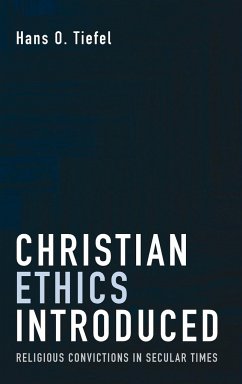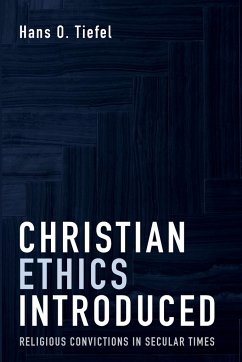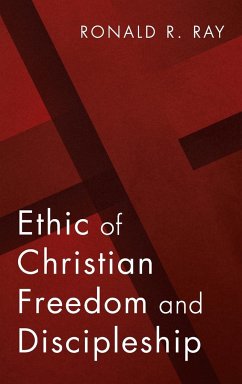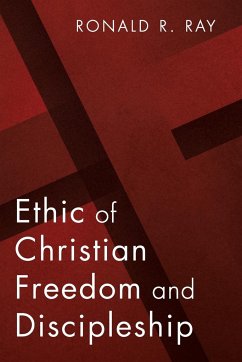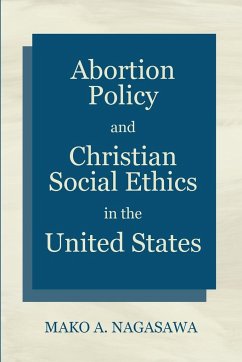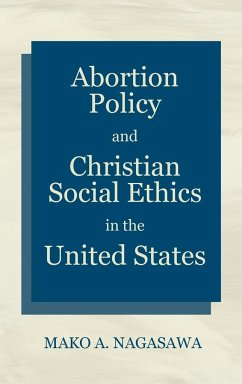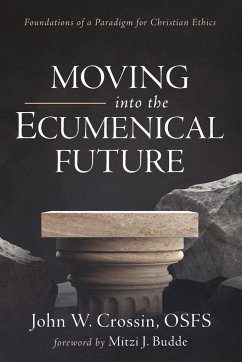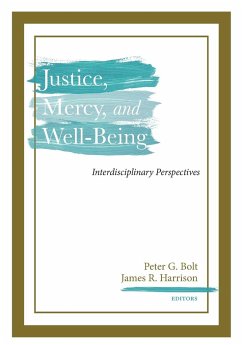Christian Ethics Introduced asks why humans count as ends in themselves. The biblical answer was/is that humans have standing--inherent worth--as creatures in the image of God. This traditional answer yielded to seventeenth and eighteenth century enlightenment secularism. To these secularists, human reason promised to be a surer and more peaceable foundation for a just culture than religion. Human rationality--the light of human reason--would enlighten and improve the human condition. Two world wars and more realistic trends in new social sciences created not just awareness of human irrationality but fostered skepticism of sound foundations for morality and justice. It seemed that both traditional religion and enlightened reason fell short of what had been hoped. And the cause of failure may not lie in traditional religion or in human irrationality. Rather, the problem might lie in human conduct. Specifically, it may lie in the human inclination to favor self over others, of the ""me"" outranking the ""we."" Christian responses to the human failure to live a moral and just life recognize the persistence of immoral conduct, acknowledge it in regard to oneself, ask for forgiveness, and make amends and peace with God and with those wronged.
Hinweis: Dieser Artikel kann nur an eine deutsche Lieferadresse ausgeliefert werden.
Hinweis: Dieser Artikel kann nur an eine deutsche Lieferadresse ausgeliefert werden.

